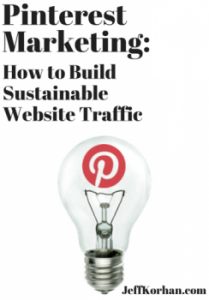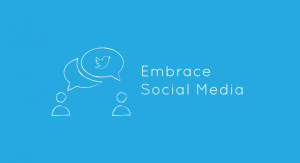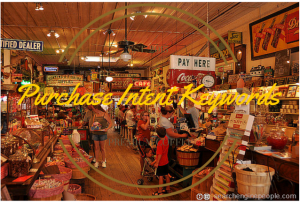In the early days of the Internet smart companies would recognise the importance of having their own website. They also recognised the importance of having a homepage that made a strong impact. But the rise of social media has seen a shift in the focus of many companies, when it comes to getting their message out via the web.
Paul Berry On “A Cultural Movement”
Paul Berry, the founder and CEO of RebelMouse, has strong feelings regarding how social media has impacted on the homepage for companies. He, in fact, believes that the “homepage is dead”. Berry also points to Facebook’s Instant Articles, in highlighting what he believes to be the decline of article pages, too.
Berry was speaking recently at the PR Council’s Critical Issues Forum in New York, where he called the shift from websites to social media “a cultural movement.” He added that though websites were still being built with the hope of gaining traffic independently, it’s now necessary to utilise distribution platforms to maximise exposure. One leading brand, Nescafe, already has its main website on a social media site, namely Tumblr.
Social Media’s Influence On The Fragmentation Of The Web
Social media has played a large part in the fragmentation of the web. Before social media the ways that companies could promote themselves online were comparatively limited compared to today. There were websites, email and video, as well as advertising. However, social media ticks all those boxes. As a company you can now post videos on your timelines, correspond in real-time with customers and clients, and update information about your company instantly. Your posts can even be seen as free advertising, and then they can reach a considerably larger audience when people share them.
In an interesting comparison, Berry spoke at the Forum of how the Renaissance astronomer, Nicolaus Copernicus, was reluctant to make one of his discoveries public because of how it might make people “go insane”. Copernicus realised that the Earth went around the Sun, and not, as was then thought, the other way round. Similarly, the RebelMouse founder stated, the impact on media and publishing, concerning distribution of articles, would be like the impact of Copernicus’ discovery on the people of his time. Today, Berry believes that companies should rely on social media for reaching consumers, and not websites.
Others who spoke at the Forum at the Rockefeller Plaza’s Rainbow Room included Matt Bean of Time Inc., Richard Pattinson of BBC Worldwide, and Adam Aston of The New York Times. Pattinson stressed that “what really works” is when content is created with love and effort. While, also referring to content, Aston said that “Content is best” when it’s viewed by many without the need for it to be force-fed to them via Facebook. Speaking at the event on advertising, Bean said that native advertising could never mean the same to every brand and audience.
Digital & Social Articles on Business 2 Community(13)
Report Post






